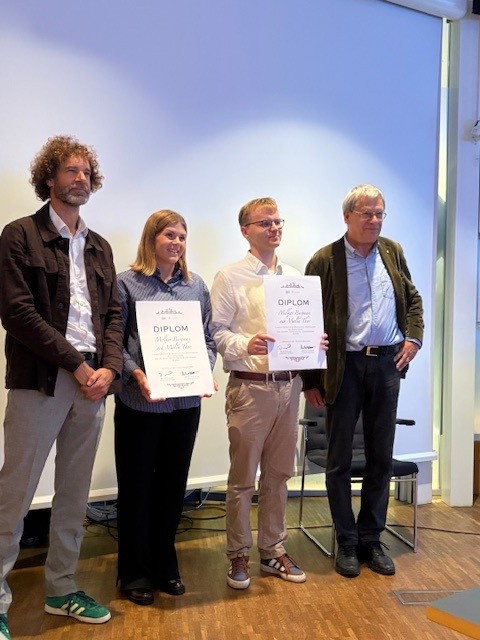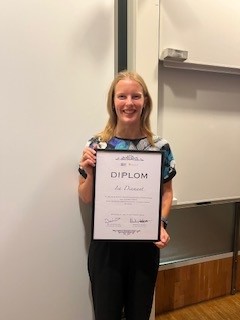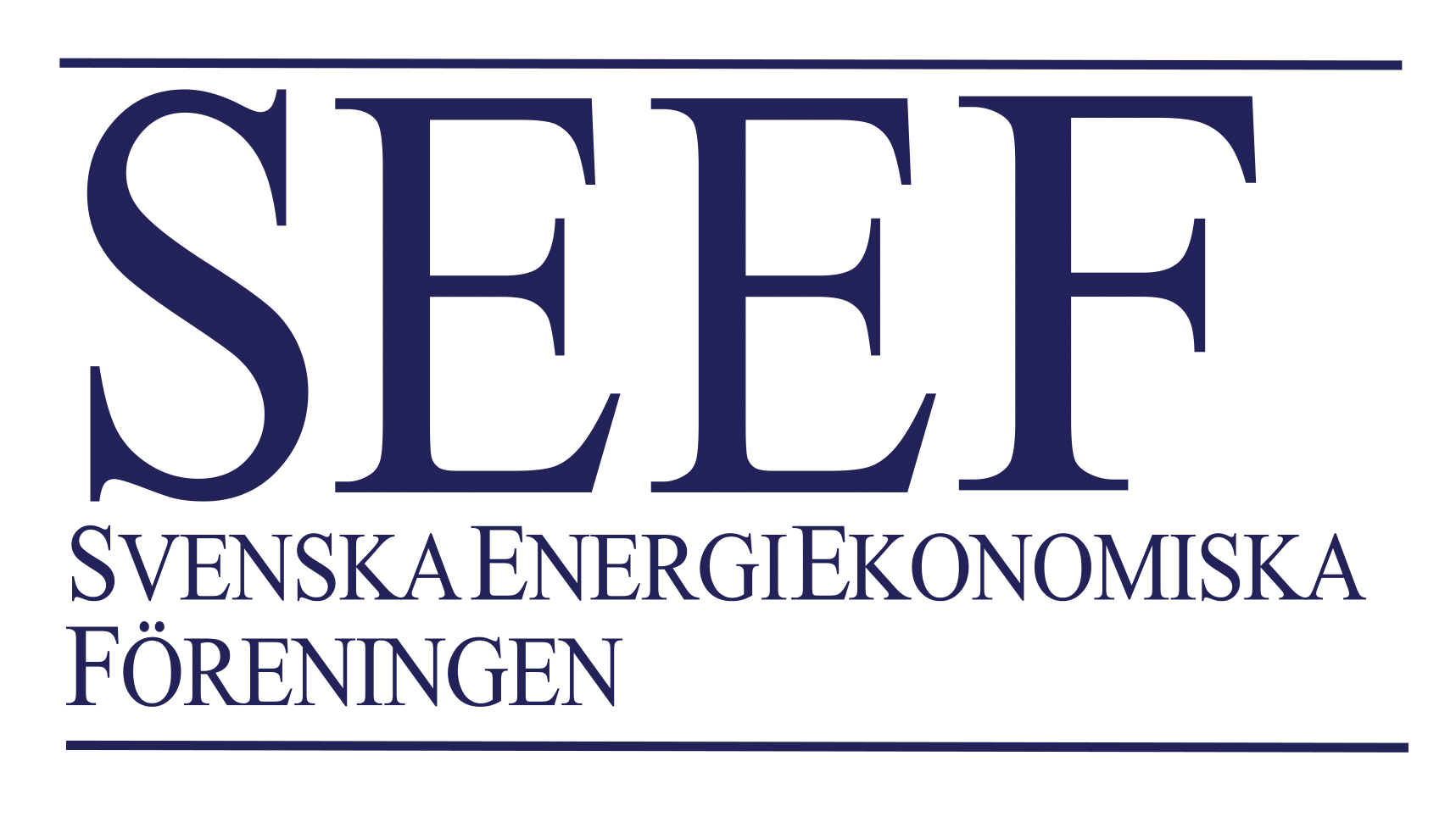Thesis competition
SEEF arranges a thesis competition aimed at students at the Master’s level in Economics. Contributions shall analyze questions within the field of energy economics. The prize sum is 15 000 SEK, and the winner is announced in September 2026.
This annual competition is organized in cooperation with Energiforsk, a politically independent not-for-profit organization. The purpose of the competition is to increase students’ interest in energy economics.
Competition rules
Contributions shall be in Swedish or English and have been faculty approved between July 1, 2025, and June 28, 2026. The thesis should contain an executive summary in Swedish. This summary can be attached separately.
Documentation verifying faculty approval shall be enclosed with the submission. Papers that have been approved shortly before the deadline are allowed to submit formal documentation at a later stage upon formal motivation.
The winner receives a prize sum of 15 000 SEK. Any taxes are paid by the winner. Authors of the three best papers each receive a one year free SEEF membership.
The decision about the prize winner is taken by the SEEF board in cooperation with Energiforsk. The prize is awarded during the SEEF membership meeting in September. Participants shall submit their papers by e-mail to the chairman of SEEF, Bo Diczfalusy, at bosse@bodiz.se no later than June 28, 2026. Questions regarding the competition can be posted to that same address.
Winners previous years
Melker Bergman and Malin Thor received the 2025 thesis competition award for Connected but divided? The impact of the flow-based method on incentives to invest in electricity and wind power in Sweden, Master’s thesis at Gothenburg University.

The authors examined consequences for the electricity market of the new flow-based method for allocating transfer capacity implemented in the Nordic market in 2024. They found a significant positive effect on the remuneration to wind power in bidding zone Sundsvall (SE2) and a significant negative effect in bidding zone Malmö (SE4). These results are consistent with higher spot prices of electricity in northern Sweden and lower prices in southern Sweden resulting from increased allocation of transfer capacity. The quantitative effects were small measured in Euros per MWh. The impact on the incentives to invest in generation capacity appear to be limited on the basis of these results.
The authors of two additional papers won a one year SEEF membership:
Hedvig Hoff: Flow based market coupling in the Nordic power system: Effects on intraday and system balancing, Master’s thesis at KTH.
Stina Fredriksson: Probabilistic imbalance price forecasting and a study of sudden price shifts, Master’s thesis at Uppsala University
The 2024 thesis competition award was given to Isa Diamant for Nudging flexibility, Master’s thesis at Stockholm University.

The study was motivated by the fact that many households have retail contracts which imply that they cannot benefit financially from reducing electricity consumption during peak price hours. Therefore it is relevant to examine other ways of influencing electricity consumption. The paper contains an exemplary discussion of potential pitfalls of the chosen method and possible misinterpretations of the results.
Isa Diamant investigated how to influence household electricity consumption in other ways than through the pricing mechanism. The paper examined how electricity consumption in an apartment building depended on a daily text message informing tenants about the hour with the peak electricity price the following day. The analysis found this text message to reduce electricity consumption during the peak price hour up to 15 percent compared to a control group that did not receive any message.
